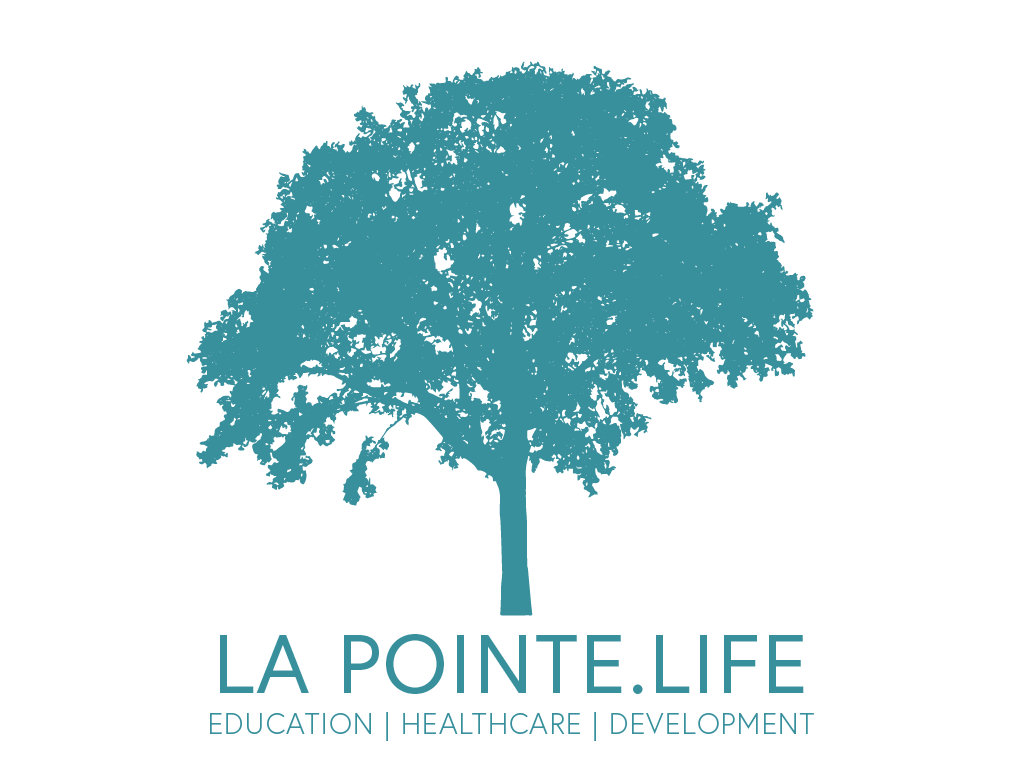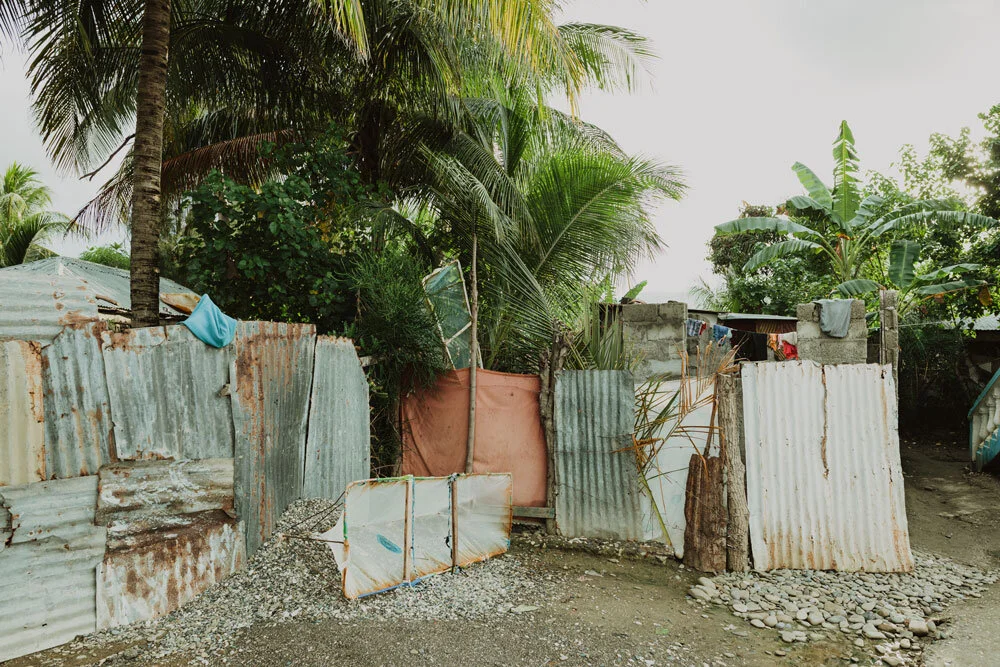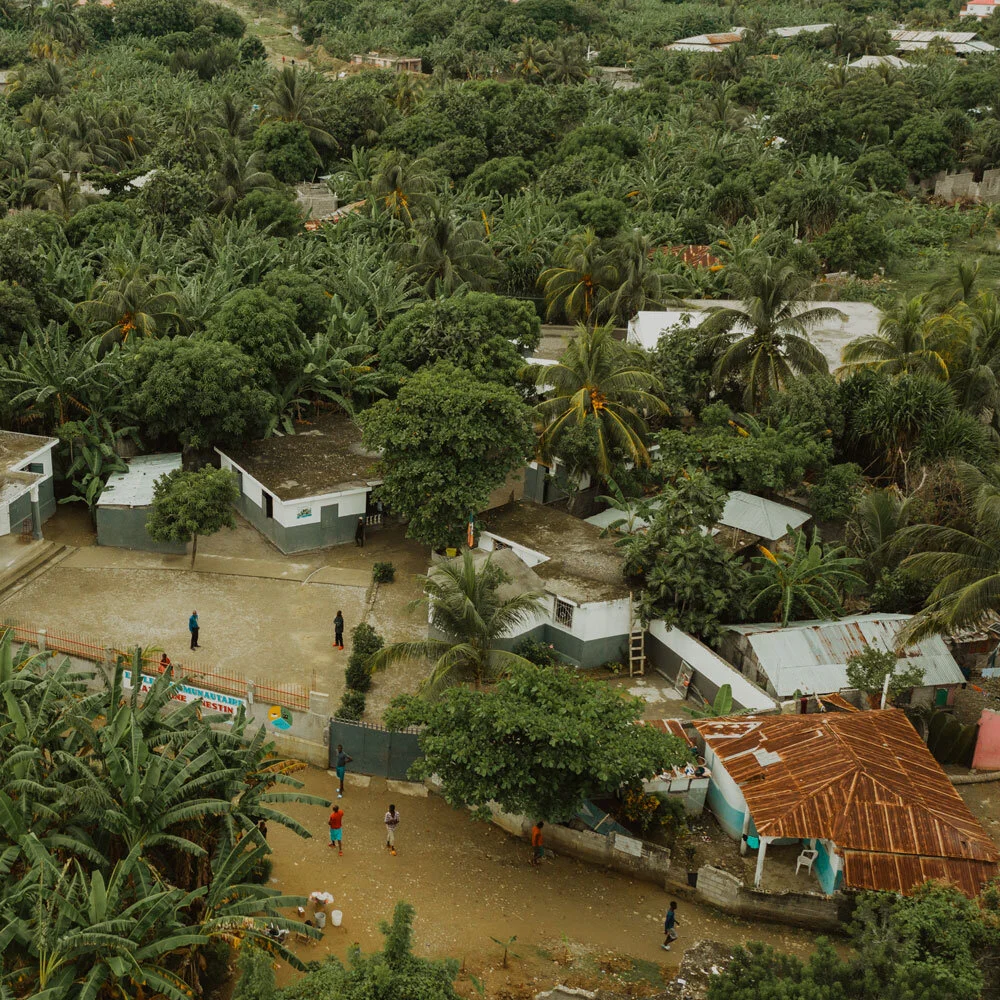I learned that viruses don’t discriminate. They do not care about the state of your economy, or your work deadline, or even your age. Newborns, elderly, black, white, rich, or poor, everyone has a chance at becoming a victim. The discrimination lies in the recovery. Who will recover? How fast? What will be the long-term effects? These are questions we are all struggling with. And when the future seems unknown, it can be scary. But, if poverty taught me a lot about darkness, it also taught me a lot about light. Human beings and societies have the ability to overcome almost any obstacle.
Read MoreI landed in Haiti in 2011, over a year after the tragic earthquake that killed an estimated 200,000+ people. There were still tent cities for miles around. Many people had lost their homes in the earthquake, and others were still too afraid to sleep inside a cement structure. Broken remnants of people’s lives filled the streets. Muddy paths stood in the place of structured roads, which overflowed with millions of people all trying to find a new way of life. Nothing could have prepared me for the things I was about to see. It was a shock to my system, and I would never be the same.
Read MoreLately I’ve been enamored with the notion that digital analytics data is a powerful and unique means to come closer to the people the data tries to describe. At its core this concept is relies on the principle that data describes something: in the case of digital analytics for web sites and mobile apps, that “something” is usually the users of that app, i.e. people. At the same time, I’m also concerned that it is far too easy to forget the people behind the data.
Read MoreSo, if money is not the solution, what is? Well, that is where it becomes complicated. The real solutions to material poverty are not the fun stuff. They are not the feel good, do good, go on with your life stuff. They are often the difficult, discouraging, complicated, and messy stuff. It requires us to look inside ourselves and deal with our own untapped biases, prejudices, and ethnocentrism so we can reach a place of humility and listen rather than tell.
Read MoreThe point of #GivingTuesday isn’t to make you feel bad about spending money on Black Friday, or going on vacation, or buying a nice house. The point is to show you that your disposable income can mean life or death for someone else, likely someone you will never even meet. I speak from seeing this first hand throughout the last decade. You don’t have to get a passport, you don’t even have to leave your couch, you simply have to open your wallet.
Read MoreWe believe that everything is better when we do it together, and so we invite you to become part of the La Pointe Foundation family. Share a post, like our page, or donate monthly. Whatever it is you decide to do, we are glad you are here and we can’t wait to do this, together.
Read MoreHuman trafficking has gained a lot of attention in the international community, and if you look at the statistics there is a good reason why. Human trafficking is the fastest growing criminal enterprise in the world. Between 600,000 and 820,000 men, women, and children are trafficked across international borders every year. These numbers do not include the thousands, and potentially millions, of individuals who are trafficked within the boundaries of their homelands.
Read MoreThe current political unrest has brought the majority of the economy to a halt, and schools are not immune to this present state of crisis. Most schools have closed due to the violence on the streets, and many have yet to even opened this year.
Read More







